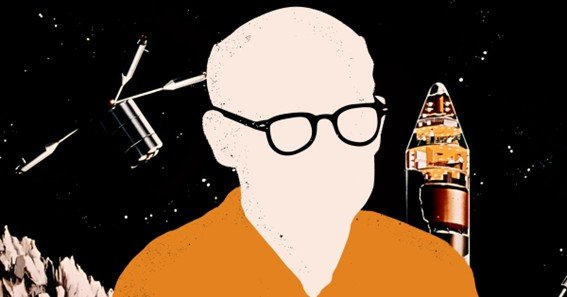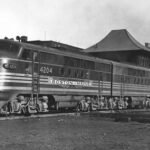Delving into the world of speculative fiction often means unpacking the diverse viewpoints and personal philosophies of its creators. This is especially true when examining classic science fiction authors who were conservative, as their political stances often informed the moral frameworks, societal critiques, and character arcs within their stories. By understanding these authors’ backgrounds and personal beliefs, readers can gain deeper insights into why certain themes—such as individualism, resistance to centralized authority, or skepticism of utopian promises—resonate throughout their works.
Influential Conservative Voices in Classic Sci-Fi
Some authors of the mid-20th century, particularly those who rose to prominence during the Golden Age of Science Fiction, infused their stories with conservative or right-leaning ideologies. Their outlooks often emerged in narrative elements such as the portrayal of government oversight, the value of personal liberty, and the tension between tradition and technological progress.
Robert A. Heinlein:
Heinlein’s earlier works often showcased libertarian-leaning ideas and a reverence for personal freedom. Some consider him a libertarian thinker whose characters navigated worlds where individual autonomy and moral responsibility were paramount. While his politics evolved over time, recurring themes of self-reliance and skepticism toward authoritarian regimes reflected a distinct conservative streak.
John W. Campbell, Jr.:
As the editor of Astounding Science Fiction (later Analog), Campbell shaped the careers of many legendary writers. Known for his conservative views, Campbell encouraged stories that emphasized logic, scientific rigor, and a belief in humanity’s potential—often couched in narratives that upheld discipline, order, and personal accountability.
Jerry Pournelle:
A respected novelist and essayist, Pournelle’s works often examined the balance between freedom and authority, the necessity of strong defense, and the ethical complexities of governmental power. His military-influenced storytelling resonated with readers who shared his conservative or right-of-center worldview.
Enduring Influence and Reception
While not every reader may agree with these authors’ ideologies, their contributions to the science fiction landscape remain invaluable. Their perspectives forced audiences to question their assumptions, consider alternative political viewpoints, and recognize the dynamic interplay between personal belief and artistic expression. By encountering and grappling with conservative principles in a speculative setting, readers enrich their understanding of the genre’s complexity and diversity.
FAQ
1. Did these authors openly identify as conservative?
Some did, while others simply expressed ideals aligned with conservative principles through their storytelling, interviews, or personal correspondences.
2. Can I still enjoy their works if I don’t share their politics?
Absolutely. Great science fiction challenges readers’ assumptions. Engaging with differing viewpoints can deepen appreciation for the craft and thematic depth of the stories.
3. Did conservative-leaning sci-fi authors influence each other?
Yes. Many wrote during the same era, shared editors, and engaged in professional circles, allowing their ideas to overlap and evolve.
4. Are modern conservative sci-fi authors common?
There are contemporary authors with conservative leanings, though the genre has broadened to include a wider range of political and social perspectives.
5. How can I learn more about their ideologies?
Reading their biographies, interviews, essays, and personal letters, as well as critical studies, can provide insight into their underlying political philosophies.
Take a look at this interesting piece how-many-minutes-in-a-year










